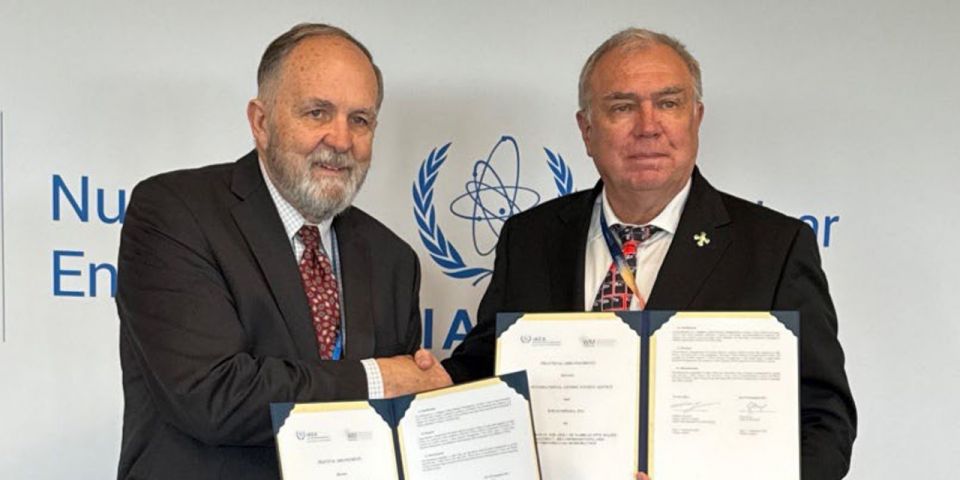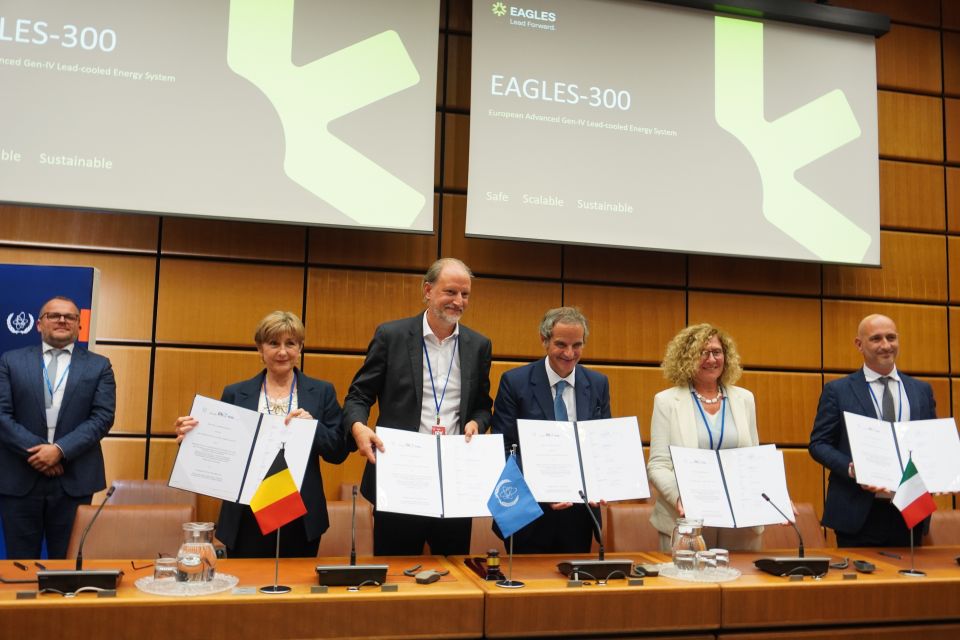IAEA research may boost global access to radiotherapy for some cancers

More people in low- and middle-income countries who have head and neck cancer may be able to access lifesaving radiotherapy after research supported by the International Atomic Energy Agency has shown that fewer—but higher—doses of radiation treatment resulted in clinical outcomes similar to standard radiotherapy treatments. Reducing overall treatment times for this type of cancer through a treatment regimen called hypofractionation could help countries navigate resource constraints and shorten waitlists, enabling more patients to receive treatment while also reducing the cost and duration of care. The IAEA announced the findings in a news article published January 22.



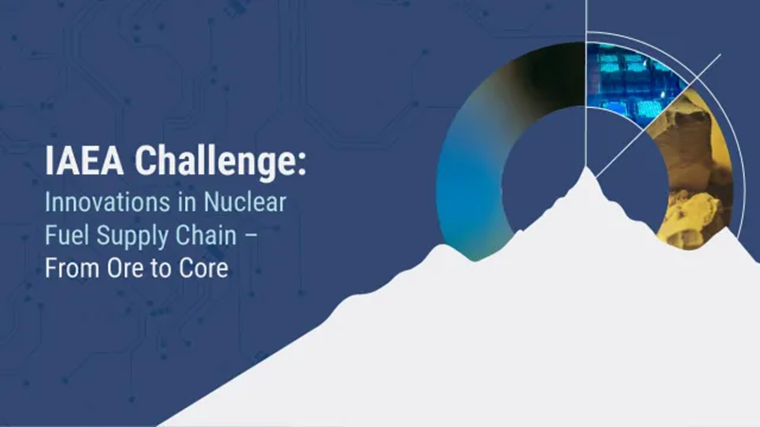
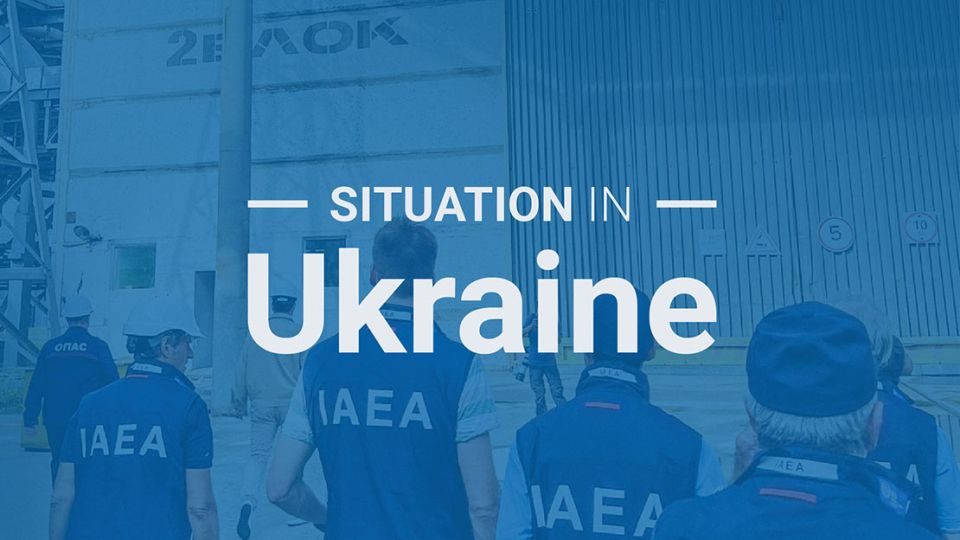
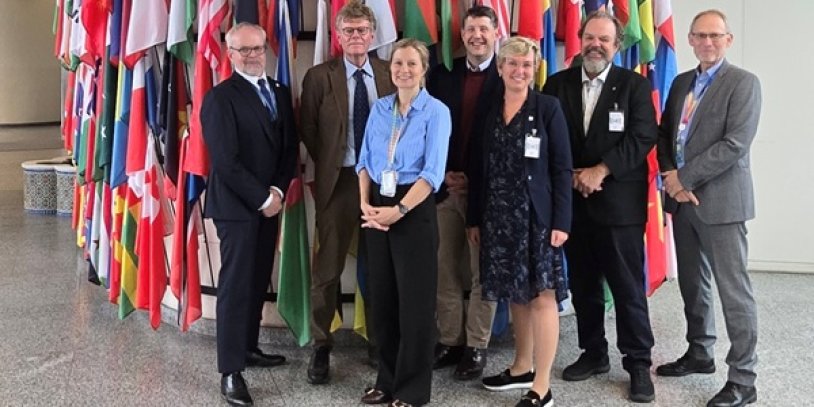
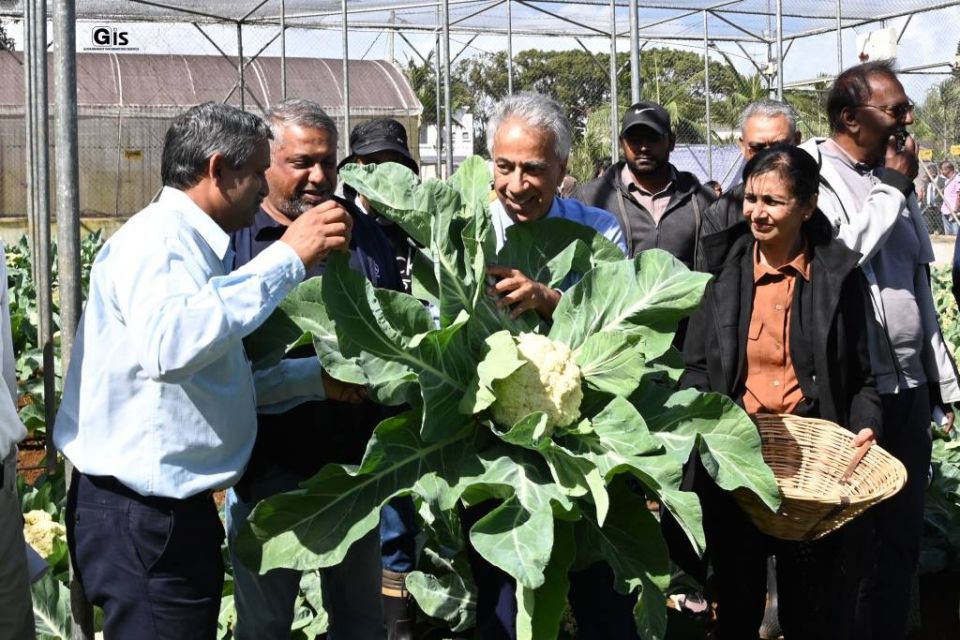.jpg)
